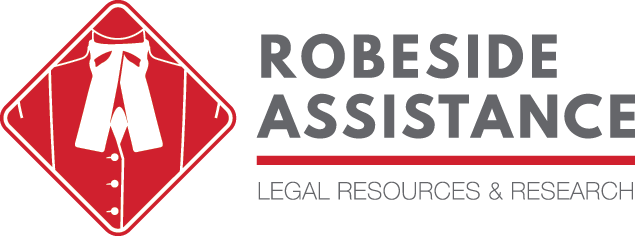by Katie Tribe
I recently posted about some of the new features available on Westlaw Canada, which is available for free here at the CCLA Library. Of course, we also provide free access to LexisNexis Quicklaw. While you may already be comfortable using this database to locate useful case law, legislation, and citing references, I thought I’d remind you of some of the other great products and features available on Quicklaw.
All Canada Quantums
All Canada Quantums are located under Quicklaw’s “Court Cases” tab, and are extremely useful for finding noteworthy case law. These topical quantums allow you to research noteworthy decisions across Canada, and are organized into topics such as child and spousal support, matrimonial property, personal injury, sentencing, wrongful dismissal, and torts, among others. Each quantum lists case summaries that include hyperlinks to the full text of the case.
Canadian Forms and Precedents
While O’Brien’s remains the most popular form and precedent collection (it is available in print and via a searchable database here in the library) Quicklaw contains noteworthy collections as well. Their Canadian Forms and Precedents collection, located under the “Forms” tab on Quicklaw, covers topics such as commercial tenancies, corporations, employment, land development, and wills and trusts, among many others. If you are a devout O’Brien’s fan, try contrasting Quicklaw’s collection with O’Brien’s the next time you need a precedent for some variety.
Halsbury’s Laws of Canada
Located under Quicklaw’s “Commentary” tab, Halsbury’s is a useful encyclopedic reference for summaries of legal topics, black letter statements of the law, and commentary. Personally, I like to access it via Quicklaw’s Source Directory; I find the directory is an easy way to choose the topics I’d like to search or browse. Halsbury’s reminds me a little bit of Westlaw’s Canadian Encyclopedic Digest, and covers a wide range of topics.
These are just a few notable highlights; some other Quicklaw features include Williston & Rolls Ontario Court Forms, and Words and Phrases Judicially Defined (in both Canadian and British court and tribunal decisions). Browse Quicklaw’s source directory to learn about the various legal journals that are also available (there are many).
As always, let us know if you have any questions or would like some assistance. Better yet, attend one of our Quicklaw or Westlaw training sessions that are scheduled for the fall! You can contact me for more information or to RSVP.
